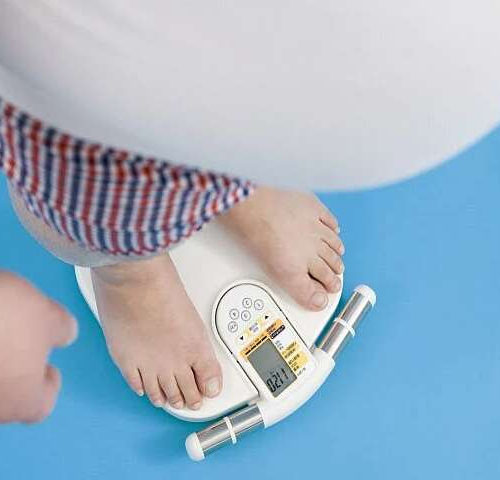by Josh Barney, University of Virginia Hao Jiang is an associate professor in UVA’s Department of Biochemistry and Molecular Genetics. Credit: Jiang Lab Researchers at the University of Virginia School of Medicine have discovered how a common gene mutation robs people of natural cancer protection. Hao Jiang, of the UVA Cancer Center, and his collaborators...
Tag: <span>cancer risk</span>
Treating Anal Cancer Precursor Lesions Reduces Cancer Risk for People With HIV
Groundbreaking National Clinical Trial Halted Due to Therapy’s High Success Rates. Treating precursor anal cancer lesions can significantly reduce the risk of progression to full blown anal cancer among people living with HIV, according to results of a large, phase 3 study led by researchers at UC San Francisco. In a randomized clinical trial with...
J&J recalls Neutrogena, Aveeno spray sunscreens over possible cancer risk
Johnson & Johnson on Wednesday issued a voluntary recall of five Neutrogena and Aveeno spray sunscreens after internal testing identified potential cancer-causing chemicals in some samples. Driving the news: J&J said consumers should stop using and dispose of the products. The company is notifying distributors and retailers to stop sales and arrange for returns. Details: J&J said it doesn’t...
Cancer risk in ART children and young adults is not increased
EUROPEAN SOCIETY OF HUMAN REPRODUCTION AND EMBRYOLOGY 28 June 2021: The risk of cancer in children born as a result of fertility treatment has been found to be no greater than in the general population. Results presented today at the 37th Annual Meeting of ESHRE from an 18-year median follow-up study demonstrate that the overall...
Combining BMI with body shape better predictor of cancer risk, suggests
EUROPEAN ASSOCIATION FOR THE STUDY OF OBESITY New research being presented at The European Congress on Obesity (ECO) held online this year, suggests that a measure of body shape should be used alongside body mass index (BMI) to help determine the risk of obesity-related cancers. BMI is a simple way of measuring body fat from the weight...
Research offers insights on how night shift work increases cancer risk
WASHINGTON STATE UNIVERSITY IMAGE: A NIGHT SHIFT SCHEDULE IS ASSOCIATED WITH INCREASED DNA DAMAGE AND MISALIGNMENT OF THE DNA REPAIR MECHANISM, PROVIDING A POSSIBLE EXPLANATION FOR THE ELEVATED RISK OF CANCER IN NIGHT SHIFT WORKERS. CREDIT: BALA KORITALA SPOKANE, Wash. – New clues as to why night shift workers are at increased risk of developing...
Does aspirin lower colorectal cancer risk in older adults? It depends on when they start.
MASSACHUSETTS GENERAL HOSPITAL BOSTON – Regular aspirin use has clear benefits in reducing colorectal cancer incidence among middle-aged adults, but also comes with some risk, such as gastrointestinal bleeding. And when should adults start taking regular aspirin and for how long? There is substantial evidence that a daily aspirin can reduce risk of colorectal cancer...
FDA requests market withdrawal of diet drug Belviq due to cancer risk
A clinical trial of the weight-loss drug Belviq (lorcaserin) shows an association with an increased risk of cancer, and the U.S. Food and Drug Administration is requesting that its maker withdraw the drug from the U.S. market. Eisai Inc. has already “submitted a request to voluntarily withdraw the drug,” Dr. Janet Woodcock, who directs the...
FDA: Weight-control drug lorcaserin may raise cancer risk
The prescription weight control medicine lorcaserin (Belviq, Belviq XR) may increase the risk for cancer, according to the results of a clinical trial assessing the safety of the drug, the U.S. Food and Drug Administration says. The agency said, “[W]e cannot conclude that lorcaserin contributes to the cancer risk” but “wanted to make the public...
Permanent hair dye and straighteners may increase breast cancer risk
NIH/NATIONAL INSTITUTE OF ENVIRONMENTAL HEALTH SCIENCES Scientists at the National Institutes of Health found that women who use permanent hair dye and chemical hair straighteners have a higher risk of developing breast cancer than women who don’t use these products. The study published online Dec. 4 in the International Journal of Cancer and suggests that...




